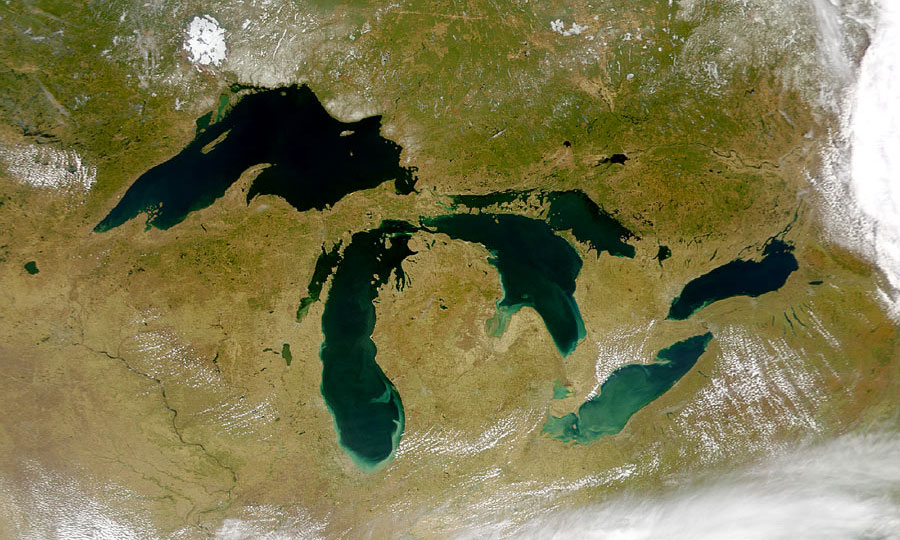The latest edition (Vol. 4, No. 2) of the Teleosis Institute‘s journal, Symbiosis, focuses on pharmaceutical pollution prevention. The Teleosis Institute is a non-profit organization based in Berkeley, California, devoted to developing effective, sustainable health care provided by professionals who serve as environmental stewards. Teleosis recently launched a Green Pharmacy Campaign, which is a collaboration with local pharmacies, health providers, and consumers, aimed at reducing the “footprint” of pharmaceutical medicine. The campaign includes a pilot program in Berkeley to take-back unused medicines at pharmacies and doctor’s offices.
The contents of this edition of Symbiosis include:
- Letter from the Director
- Health in the News: Pharmaceutical Pollution
- Green Pharmacy: Preventing Pharmaceutical Pollution
- Pharmaceutical Pollution: Ecology and Toxicology Considerations
- Christian Daughton and the Ecology of PPCPs: An Integral Vision
- Water Quality: Key to Many Doors in the 21st Century, by Christian Daughton, PhD
- The 4 T’s: Assessing Exposure to Multiple Chemicals
- Green Pharmacy: Preventing Pollution with Sustainable Medicine
- Facts on Pharmaceuticals and the Environment
- Ecological Economics and the Drug Life Cycle: The True Cost of Drugs
- Pollution Prevention Partner: PharmEcology, LLC
- Unused and Expired Medicines: A National Pandemic
- Pollution Prevention Partner: Physicians for Social Responsibility
- Spotlight on Green Pharmacy: Stockholm County Council
- Website Review: Environmental Protection Agency: Pharmaceuticals and Personal Care Products (PPCPs) as Environmental Pollutants
- Book Review: Macroshift: Navigating the Transformation to a Sustainable World
- Support Green Pharmacy!!
All articles are available online in PDF format at the link above.
Thanks to Evin Guy of the Teleosis Institute for sharing this information.
